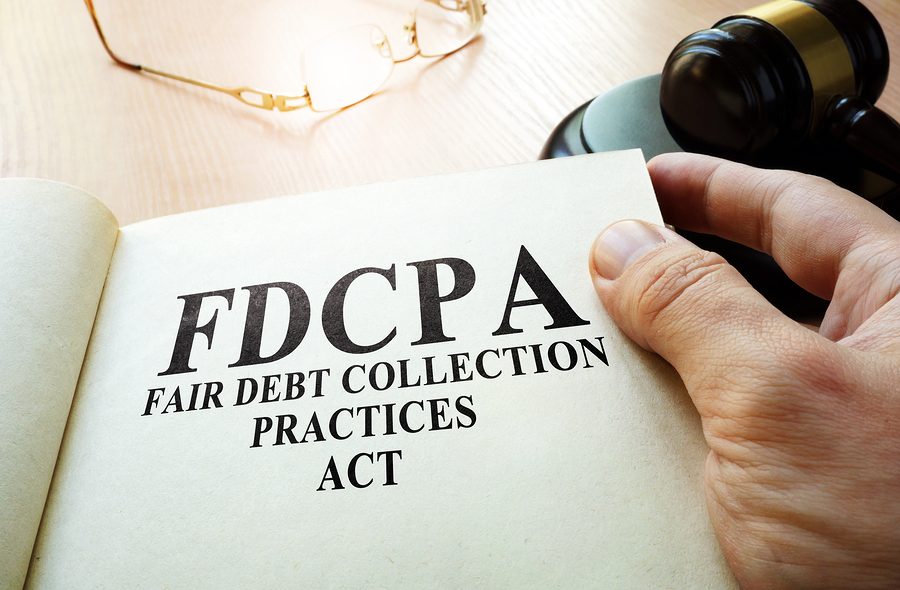Facing debt collection is stressful and there are laws in place to protect consumers. Debt collectors can be persistent, even to the point of becoming harassing and threatening at times. However, it is vital that consumers facing collections actions realize that they do, in fact, have rights, and these rights fall largely under the Fair Debt Collection Practices Act (FDCPA).
The FDCPA was signed into law in 1978. The law designates what type of behavior is acceptable by debt collectors and what type is considered abusive and unethical. The law was created to curb tactics that had largely gotten out of control by companies engaging in debt collection.
The FDCPA is federal law intended to protect consumers against actions by third-party debt collectors that have become harassing, abusive, and threatening. Collectors who are found to have violated the FDCPA can face severe penalties for violating the law.
This law specifically deals with third-party debt collectors and not necessarily the original creditors on the debt. By the time a debt has been sold to collections, the lender or creditor has already exhausted his or her options at contacting the consumer to see what the amount has not been paid. In order to receive some type of payment on the amount owed, many lenders will hire the services of a third-party debt collection agency to take over efforts to contact the consumer.
Many times, debt collectors will not receive payment from the lender until they are successful in getting payment from the consumer. When a consumer receives a communication from a debt collector, it is usually recommended that he or she obtain information to validate the debt, which can include the amount owed and the name of the original creditor, as well as information on how the debt can be disputed. Collectors are legally required to provide this information within 30 days when it is requested by the consumer.
Debt collectors have earned the reputation of being aggressive when communicating with consumers. Many times, they will use any type of techniques possible to convince the consumer to pay, including scaring him or her into believing that his or her property will be repossessed if the person fails to pay or alluding to the fact that legal action will result in the event payment is not made. Invoking fear in the mind of consumes is a common tactic used by collectors, although in an unethical manner. The FDCPA prohibits collectors from making statements such as these if they do not have the legal authority to do so.
Collectors will also be persistent in calling continually throughout the day, trying to wear the consumer down into making payment. However, the FDCPA provides specific rules on when collectors can call and when calls are off limits.
The FDCPA also prohibits debt collectors from providing information to third parties connected to the consumer regarding the debt collection action, other than to inquire as to how to reach the consumer. If a collector is calling the individual to the point where it becomes harassing, he or she has the right to demand the communication cease per the rules of the FDCPA. If the communication continues at that point, the consumer can resort to legal action for damages caused by the harassment under the FDCPA.
Please click here to read more.
If you have questions on this topic or are in financial crisis and considering filing for bankruptcy, contact an experienced Miami bankruptcy attorney who can advise you of all of your options. As an experienced CPA as well as a proven bankruptcy lawyer, Timothy Kingcade knows how to help clients take full advantage of the bankruptcy laws to protect their assets and get successful results. Since 1996 Kingcade Garcia McMaken has been helping people from all walks of life build a better tomorrow. Our attorneys’ help thousands of people every year take advantage of their rights under bankruptcy protection to restart, rebuild and recover. The day you hire our firm, we will contact your creditors to stop the harassment. You can also find useful consumer information on the Kingcade Garcia McMaken website at www.miamibankruptcy.com.


